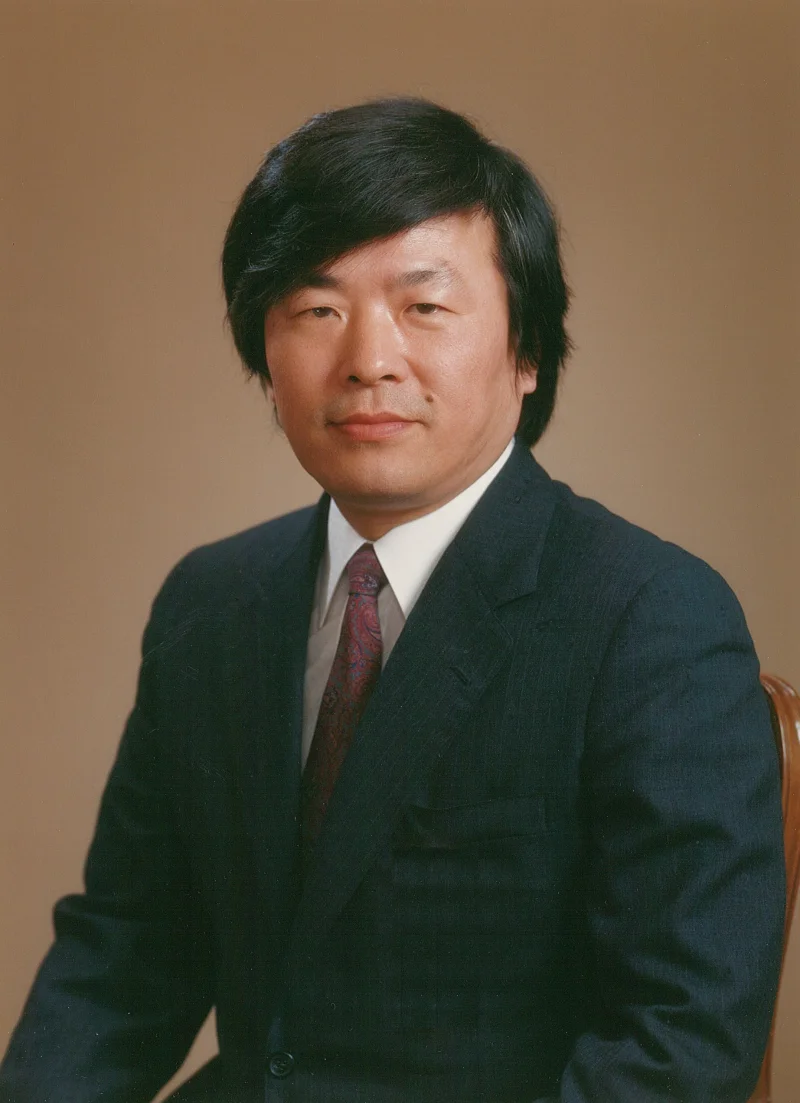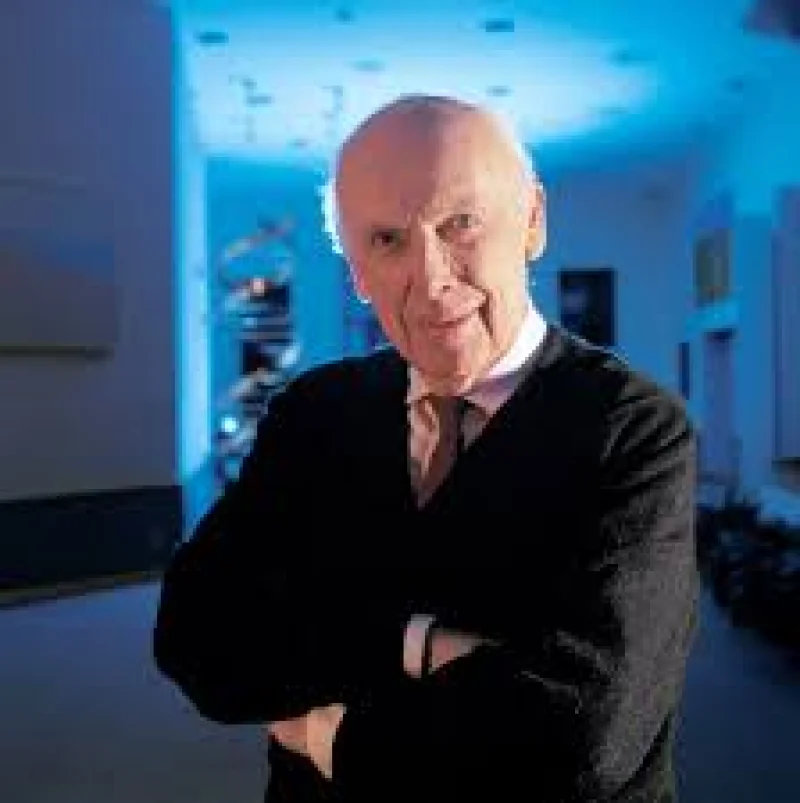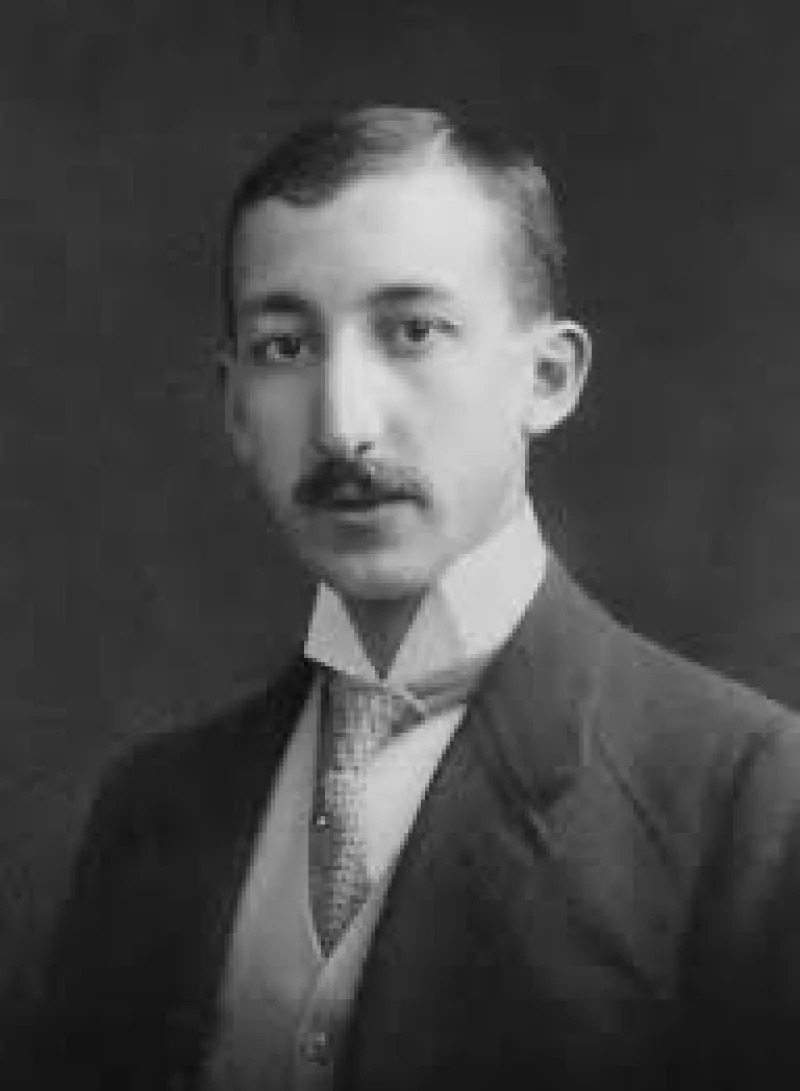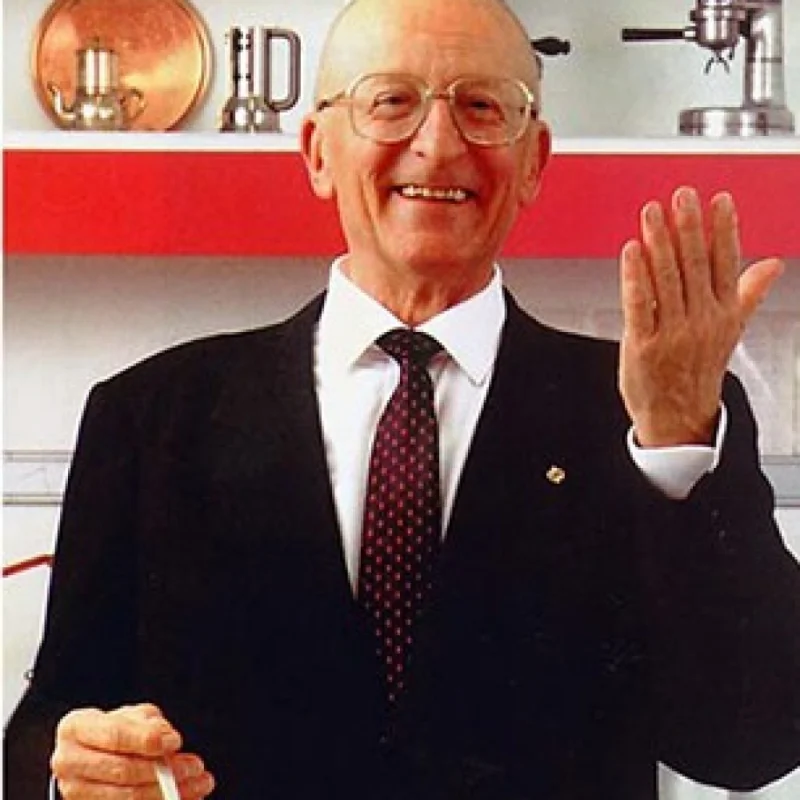Short Summary
Susumu Tonegawa is a distinguished Japanese molecular biologist renowned for his groundbreaking work in immunology, particularly for elucidating the genetic mechanism behind antibody diversity. He was awarded the Nobel Prize in Physiology or Medicine in 1987 for this significant contribution. Tonegawa's work has greatly enhanced the understanding of the immune system, influencing both scientific research and medical practices worldwide.
Early Life & Education
Born on September 6, 1939, in Nagoya, Japan, Susumu Tonegawa grew up in a family that valued education and intellectual pursuits. His father was a professor of engineering, which likely influenced Tonegawa's early interest in science. He attended the prestigious Tokyo University where he studied chemistry. Tonegawa's academic journey took him abroad to the University of California, San Diego, where he completed his Ph.D. in molecular biology. His formative years were marked by a quest for understanding the complexities of life at the molecular level, setting the stage for his future groundbreaking work.
Career Highlights
After completing his education, Tonegawa joined the Salk Institute in California, where he began his research in molecular biology. In 1974, he moved to the Basel Institute for Immunology in Switzerland, where he made his Nobel Prize-winning discovery regarding antibody gene rearrangement. Later, he joined the Massachusetts Institute of Technology (MIT) as a professor, where he continued his influential work in neuroscience. Throughout his career, Tonegawa has held several prestigious positions and contributed significantly to both immunology and neuroscience, marking him as a leading figure in molecular biology.
Major Achievements
- Won the Nobel Prize in Physiology or Medicine in 1987 for discovering the genetic mechanism that produces antibody diversity.
- Pioneered research on neural circuits in the brain, contributing to the understanding of memory formation.
- Served as a professor at MIT, where he founded the Picower Institute for Learning and Memory.
Famous Quotes
- "Science is about proving things wrong, not proving things right."
- "Curiosity is the key to innovation."
Interesting Facts
- Initially, Tonegawa had no formal training in immunology before making his Nobel-winning discovery.
- He shifted his research focus from immunology to neuroscience mid-career.
- Tonegawa's research has implications for understanding diseases like Alzheimer's and schizophrenia.
Legacy / Influence
Tonegawa's work has had a profound impact on the field of molecular biology, particularly in understanding the immune system and brain function. His discoveries have paved the way for advances in medical research and treatments related to immune deficiencies and cognitive disorders. Tonegawa's legacy continues to inspire new generations of scientists in both immunology and neuroscience.
FAQ
Q: Why is Susumu Tonegawa famous?
A: He is famous for discovering the genetic mechanism behind antibody diversity, for which he received the Nobel Prize in Physiology or Medicine in 1987.
Q: What did Tonegawa study in university?
A: He studied chemistry at Tokyo University and later pursued a Ph.D. in molecular biology at the University of California, San Diego.
Q: Has Tonegawa contributed to fields other than immunology?
A: Yes, he has made significant contributions to neuroscience, particularly in understanding memory formation.













